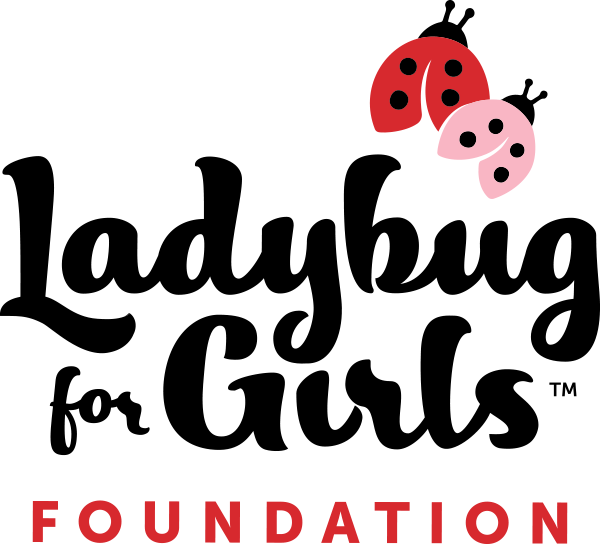Recognizing Indigenous History Month: Honoring the Heritage of Native Americans
November is a month of vibrant hues and crisp autumn air, but it also holds significant cultural importance. While many of us celebrate Thanksgiving, it’s essential to recognize that November is also Indigenous History Month. It’s a time dedicated to acknowledging and honoring the tapestry of Native American cultures, traditions, and contributions to society. This month offers a unique opportunity to delve into the profound legacy of indigenous peoples, fostering understanding, respect, and appreciation.

Understanding the Significance of Indigenous History Month
Indigenous History Month, observed throughout November, sheds light on the diverse histories, languages, art forms, and customs of Native American tribes and communities. It serves as a reminder that long before the arrival of European settlers, these lands were home to numerous thriving civilizations, each with their unique way of life. Recognizing Indigenous History Month is crucial in fostering awareness about the challenges faced by Indigenous communities and acknowledging their resilience in the face of adversity.
Honoring the Contributions of Native Americans
Native Americans have contributed to various fields, including art, literature, science, and technology. Many iconic figures, such as Sacagawea, who played a vital role in the Lewis and Clark expedition, and Maria Tallchief, the first Native American prima ballerina, have left indelible marks on American history. By acknowledging these contributions during Indigenous History Month, we pay tribute to the talent, intellect, and ingenuity of Native Americans.

Notable Native American women in sports include:
- Janee’ Kassanavoid became the first Native American woman to medal in the World Athletics Championship
- Ice dancer Naomi Lang became the first Native American woman to compete in the Olympics
- Madison Hammond is the first Native American woman to play on the National Women’s Soccer League
- Abby Roque became the first Native American woman to play for the U.S. Olympic women’s hockey team
Promoting Cultural Awareness and Respect
Recognizing Indigenous History Month goes beyond celebration; it is an opportunity to foster cultural awareness and respect. Education plays a pivotal role in dismantling stereotypes and misconceptions about indigenous peoples. By incorporating indigenous perspectives into school curricula and public discourse, we can create a society that values diversity and embraces the richness of different cultures.

Supporting Indigenous Communities
Indigenous History Month is also a time to support Indigenous communities’ ongoing struggles for recognition, land rights, and social justice. We can contribute to a more just and equitable society by amplifying their voices and advocating for their rights. Donating to indigenous organizations, participating in cultural events, and engaging in respectful dialogue are meaningful ways to show support.
